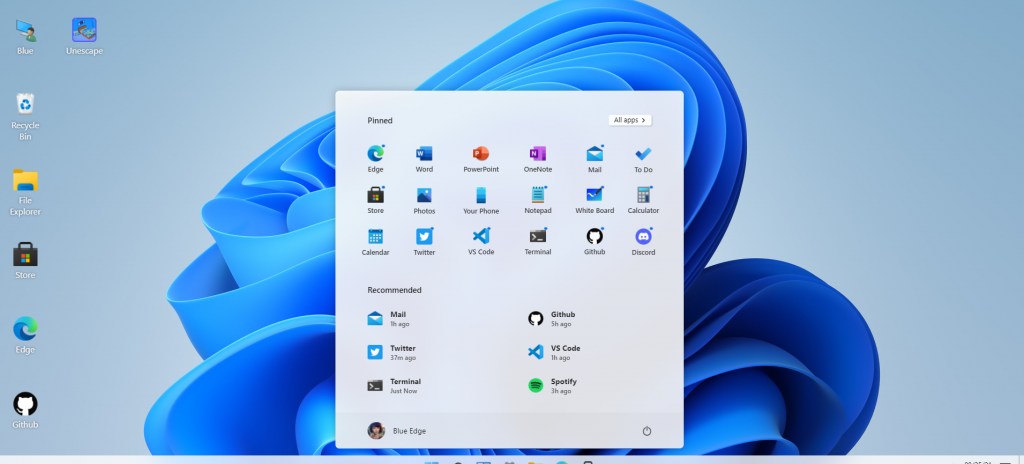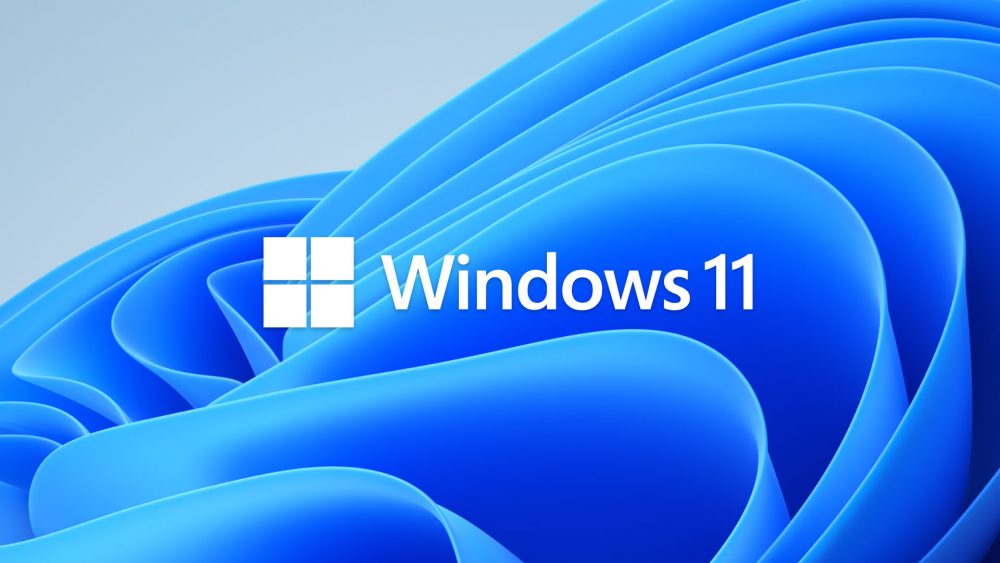Intel i5 Core processors of the seventh generation are not compatible with the latest Windows 11 operating system.
Intel i5 core processors beginning with 8th generation fully support Windows 11 and you will be able to upgrade from Windows 10 to Windows 11 from such supported i5 processors.
As of writing this, there are 89 processors of the i5 series from Intel that support Windows 11. These include Intel i5 core processors of the 8th generation, 9th generation, 10th generation and the 11th generation.
And, there are 19 processors of the Intel i5 Core 7th generation that are not compatible with the Windows 11 operating system.
Table of Content:
- Why are Intel i5 7th generation processors not compatible with Windows 11 installation?
- Which Intel i5 7th generation processors are incompatible with Windows 11?
- Can I install Windows 11 on Intel i5 7th generation processors?
- What are the options for Intel i5 Core 7th generation processors?
- When will Microsoft end support for Windows 10?
- Our recommendation

Why are Intel i5 7th generation processors not compatible with Windows 11 installation?
Intel i5 7th generation processors are not compatible with Windows 11. As a result, Windows 10 cannot be upgraded on such systems through the Windows Update program to Windows 11 operating system.
Microsoft has listed Windows 11 compatible processors based on internal testing and performance scores for each family of processors. Intel’s 7th generation processors have failed to make it to the list of compatible processors.
Which Intel i5 7th generation processors are incompatible with Windows 11?
All the 7th generation processors of the Intel i5 core family are incompatible with Windows 11. The list below contains names of the Intel i5 core processors that are incompatible with the Windows 11 operating system.
There are 19 Intel i5 core processors from the 7th generation that do not support Windows 11 operating system.
- Intel® Core™ i5-7200U Processor
- Intel® Core™ i5-7Y54 Processor
- Intel® Core™ i5-7500T Processor
- Intel® Core™ i5-7500 Processor
- Intel® Core™ i5-7600K Processor
- Intel® Core™ i5-7400 Processor
- Intel® Core™ i5-7600 Processor
- Intel® Core™ i5-7600T Processor
- Intel® Core™ i5-7400T Processor
- Intel® Core™ i5-7300HQ Processor
- Intel® Core™ i5-7440HQ Processor
- Intel® Core™ i5-7Y57 Processor
- Intel® Core™ i5-7300U Processor
- Intel® Core™ i5-7440EQ Processor
- Intel® Core™ i5-7267U Processor
- Intel® Core™ i5-7287U Processor
- Intel® Core™ i5-7442EQ Processor
- Intel® Core™ i5-7360U Processor
- Intel® Core™ i5-7260U Processor
If your system is running on any of these processors, you will not be able to upgrade from Windows 10 to Windows 11 through the Windows Update program.
Can I install Windows 11 on Intel i5 7th generation processors?
Yes, you can install Windows 11 on computers that run on the Intel i5 7th generation. Such installation of Windows 11 on unsupported Intel i5 7th generation processors will not be supported by Microsoft.
You are unlikely to get any feature updates on such systems through the Windows Update program. In terms of security updates from Microsoft, there is no clarity if such unsupported Intel i5 7th generation processors will have access to the periodic security updates from Microsoft.
We do not recommend installing Windows 11 on unsupported processors and hardware on business computers because of the following reasons:
- Access to Windows 11 security updates on unsupported hardware and processors is not guaranteed.
- There is a high possibility of system malfunction and less than optimum performance due to inherent software and hardware incompatibilities.
What are the options for Intel i5 Core 7th generation processors ?
As a word of caution, if you use your computer for business and your computer runs on Intel i5 Core 7th generation processor, we suggest that you may exercise one of the following two options:
Keep Using Windows 10
It really is not worth having a computer system that is incompatible with the operating system. If you are fine with Windows 10, please continue to work on the Windows 10 operating system.
Windows 10 will become end of life in October, 2025. Until then, you will get access to the feature and security updates from Microsoft. That means, your current investment on the computer system is worth its value until October 2025, and you are reasonably sure of optimum system performance.
Getting a new computer
Understandably, you may be very keen on using Windows 11 and your Intel i5 Core 7th generation processor is incompatible with Windows 11. We suggest that you buy a new computer that comes pre-loaded with Windows 11.
Upgrade processor and motherboard of your computer
Desktop users may consider swapping the incompatible processor with a set of compatible processor and motherboard. This will cost lesser money as you will re use the hard drive, monitor and peripherals.

When will Microsoft end support for Windows 10?
Windows 10 will become end of life on 14 October 2025. To continue getting security updates for Windows 10 after 14 October 2025, you can enroll in the ESU program for Windows 10.
When Windows 10 becomes end of life, access to security updates for Windows 10 will not be available. Windows 10 computers will be prone to being exploited through newly discovered security vulnerabilities.
Our recommendation
Given the impending end of life status of Windows 10 operating system, we feel that Windows 10 users on i5 7th generation computers must look at one of the two possible solutions:
- Buy a new computer with preloaded Windows 11
- Upgrade the processor and motherboard of your computer to a combination that is compatible with Windows 11. This may not work for notebook computers. But, the desktop users may benefit and save the costs by keeping the old monitor, peripherals and hard drives. Before you choose to swap processor and motherboard, do check with a computer technician about compatibility of hardware with Windows 11 standard hardware requirements.
Rajesh Dhawan is a technology professional who loves to write about Cyber-security events and stories, Cloud computing and Microsoft technologies. He loves to break complex problems into manageable chunks of meaningful information.